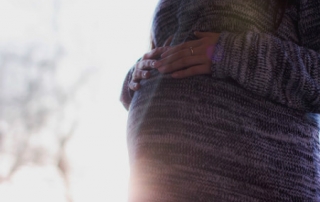Complementary and Alternative Medicine Therapies for the Treatment of Perinatal Depression: A Review
In an excellent and thoughtful review article, Kristina Deligiannidis and Marlene Freeman (from the MGH Center for Women’s Mental Health) summarize data on the efficacy of complementary and alternative medicine therapies for the treatment of perinatal depression. This is one of the most thorough reviews on CAM and provides thoughtful, evidence-based recommendations regarding the use of these treatments for women with perinatal depression. It is definitely worth tracking down a copy of this review, but if you can’t find it, here is a summary.








